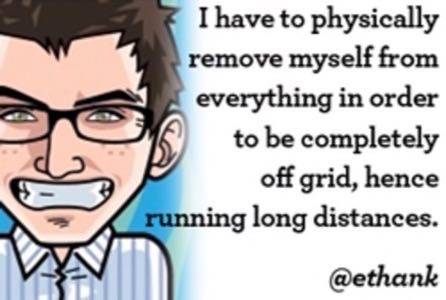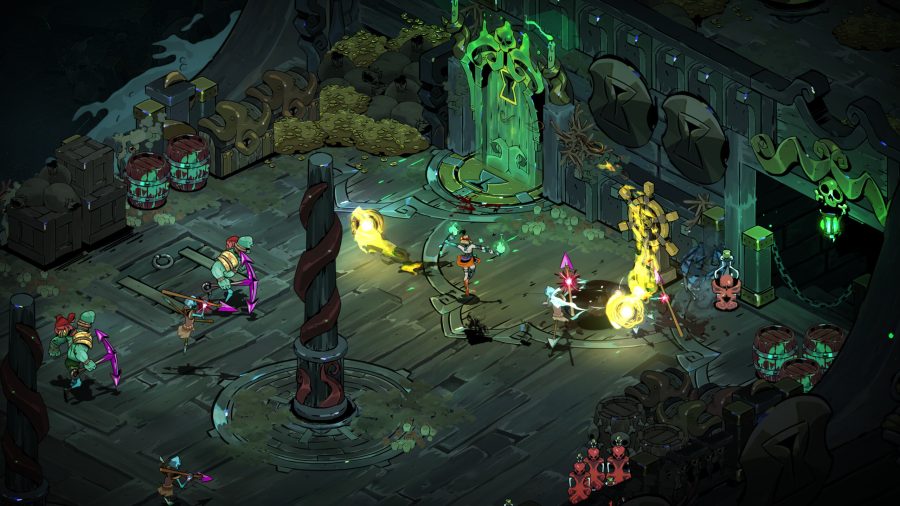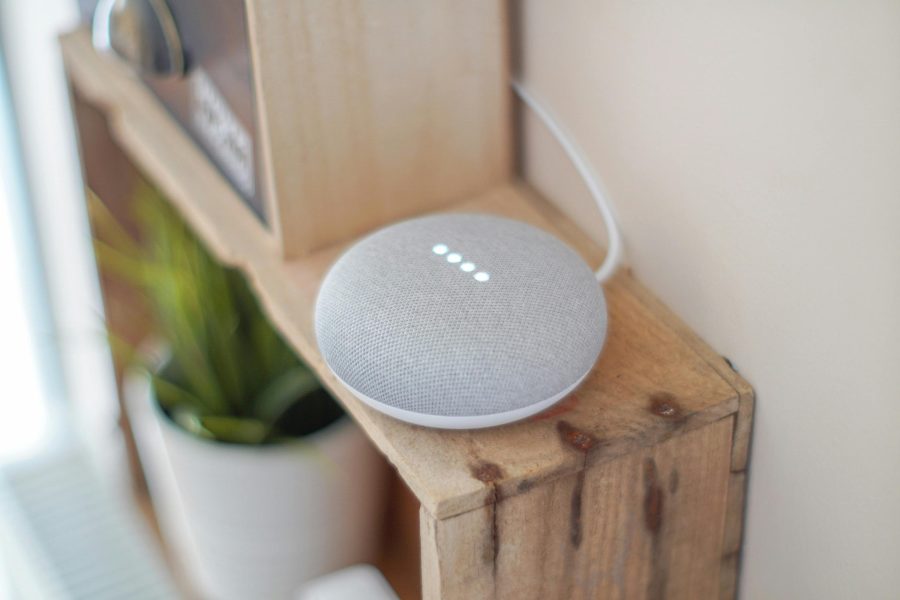Being a technology blogger is like having a license for an around-the-clock gadget and Web addiction.

No one expects you to leave your house during the day. You’re allowed to spend the majority of your life in front of a glowing screen, and flipping out over WiFi issues is par for the course. And you’re never far from the Web, since your mobile is always in hand when you have to leave your laptop behind for some incomprehensible reason.
But even with such a license in hand, I have to make a case for periodically disconnecting. What do you think?
More and more, I am trying to set aside unplugged hours and even days for Internet-free, mobile-free, “Luddite time.” Time for asking a stranger for directions, time for talking to the people you’re with rather than the people you “follow,” time for interacting with the world around you in ways that don’t include clicking, scrolling or downloading. Time that’s increasingly being destroyed by smart phones, “super” phones and what ever “super duper” devices are in the pipeline.
Sitting in front of these glowing screens (as most of us do) for around eight hours a day for work and additional hours for leisure can’t be good for us as living, breathing organisms. Have you ever spent the whole day absorbed in the web – the rabbit holes of YouTube, the breadcrumb trails of Wikipedia, the party line of Twitter and the bottomless virtual library of blog posts – to find yourself startled by actual human interaction, in a strange and unrestul intellectual state. With enough consecutive days of online-only living, you might realize you’re making more connections between online entities and content, but you’re losing opportunities to have fresh, original thought or observations about your own world.

I’m not saying that the Internet makes you stupid. I am saying that, if left to run wild across the vast territories of the Web, your mind can turn into a laboratory hamster, frantically pulling levers and running in wheels while his environment remains essentially static and his motivations essentially artificial.
Another detriment to a constantly wired life is that you’re not truly present with the folks around you every day, and you begin to forget how polite, normal people communicate. You become too easily distracted by notifications from your mobile, glazing over and tuning out to parse your RSS feeds while real conversations are going on without you. And being accustomed to ignoring your surroundings in favor of your online life numbs you to the fact that often, your friends are doing the same to you. If you’ve ever sat through a dinner with your significant other or a group of geek friends as you all happily tapped away on your mobiles, you know this is true. And while being able to buck conventional table manners and geek out together is a wonderful thing, aren’t you cheating yourself out of valuable face-to-face interaction by doing so?

And very often, an preoccupation with the Web leads to a total loss of perspective. If you have ever stayed awake until 2 or 3 in the morning entrenched in a furious debate on Scoble’s FriendFeed over something that the entire world had completely forgotten 12 hours later (guilty!), you have definitely lost perspective. Not typically the most empathetic people, we begin to give more attention and emotion to minor tech events (Google Wave, anyone?) than to major world events. If it didn’t trend on Twitter and hit Digg’s front page, we tend to not notice or care. Although the social web can occasionally be used as a power for good, notably through efforts such as those carried out during the Iranian election/debacle or on World Aids Day, this circle is notoriously self-obsessed and navel-gazing to the obfuscation of much more important matters.

Finally, being constantly online is probably fairly bad for your health. A few of the people I’ve spoken to tonight tell me that to distract themselves from Internet obsessions, they turn to physical activity, such as gym workouts, yoga or running. These dear souls are escaping the sedentary lifestyle to which we’ve all grown fairly accustomed and which most certainly has negative effects on how we look, how we feel, our metabolism and energy level and so much more. And although mobile and AR technologies are making it easier for us to get out and about while still connected, more often they act as a tether to larger, more stationary devices.

I personally want to spend many hours in 2010 offline and off my mobile. I want to do things like watch an old movie, go for a walk, have a dinner date or read an honest-to-god newspaper without checking in on Foursquare or posting an “overheard” on Twitter. Maybe it’s a sign that I’m aging. Many of my contemporaries say their sole offline time is sleeping. I’ve certainly lived that way, too, and I spend many days now online for 14-18 hours. But I don’t want every day to be like that.
What about you, dear readers? Do you currently plan for and enforce offline hours for yourself, your significant other or your family? If so, how and when do you take your breaks? Or are you a tireless defender of the Internet junkie lifestyle?
Most importantly, what do you see as the explicit benefits or detriments of being online around the clock – or of taking periodic furloughs?
Let us know your opinions and best practices in the comments.








